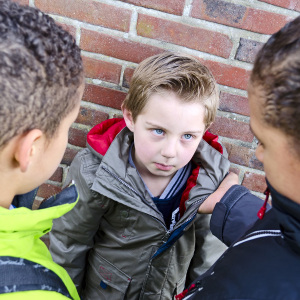Do you remember Lance Armstrong sitting at Oprah, feeling all guilty about his former doping usage? I couldn’t help but asking myself: why would he admit that? Why would he, after all those years of denying doping usage, suddenly declare to the world that he has indeed been using doping in order to win the Tour de France seven times? What did he believe he would gain by admitting this? He must have been aware of the consequences – the returning of prize money, lawsuits and loss of status – that were likely to result from him confessing? So why did he confess?
Armstrong is a smart guy. If you have seen video clips in which he is lying about his doping usage, you must have noticed that he is an excellent actor. He might have confessed because he would hope that by telling what had truly happened he would somehow gain the support of the crowd, and maybe even improve upon his current situation. Or maybe he is planning on writing a autobiography, titled The Fight or so, and the confession would make for an excellent ending chapter. All of that could very well be possible. But I want to look at another potential reason for him confessing. And that is the reason of guilt.
As you surely know, experiencing guilt is terrible. Knowing that you have done something wrong through which you harmed others, even though these others might not even know what you did, hits you in your dignity like nothing else. You are confronted with a version of yourself that you are disgusted with. You know that you should have known better and you will try to prove towards others, but mainly towards yourself, that you are the good person you know you are. That you, after all that happened, decided to stay true to the good version of yourself. And this realization leads you to apologize and say that you will never, ever do it again.
Guilt is nature’s very own mechanism for unveiling the truth despite us being the hedonistic pain-avoiding creatures that we are. Just like we feel physical pain by hurting the outer part of our bodies, so we feel emotional pain by hurting our ‘inner self’. That is: by not staying true to who you think you truly are. And just like you want physical pain to stop as quickly as possible, by retreating your arm from a fire for example, so does nature wants you to avoid not staying true to yourself by endowing you with a sense of guilt. Nature seems to have programmed us with some sort of universal judgmental capability, guarding us from stepping away too far from the comforting warmth of ourselves and society.
Ah well: let’s be glad that nature tries to keep us on the right track, right? That we are inclined to be nice to each other because we don’t want to experience that nasty feeling of guilt. Or do you rather think of guilt as just another irrational byproduct of thousands of years of social and biological conditioning? A burden evolution forced upon us?
What do you think about it?

